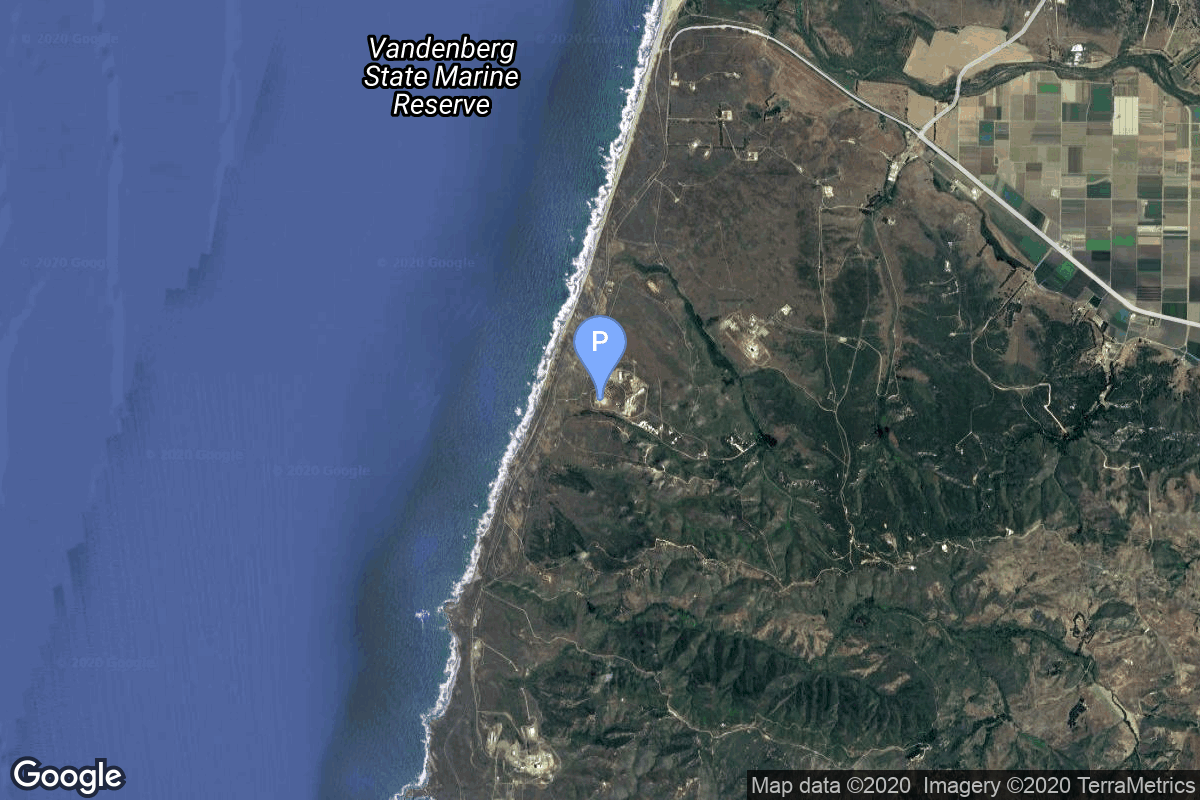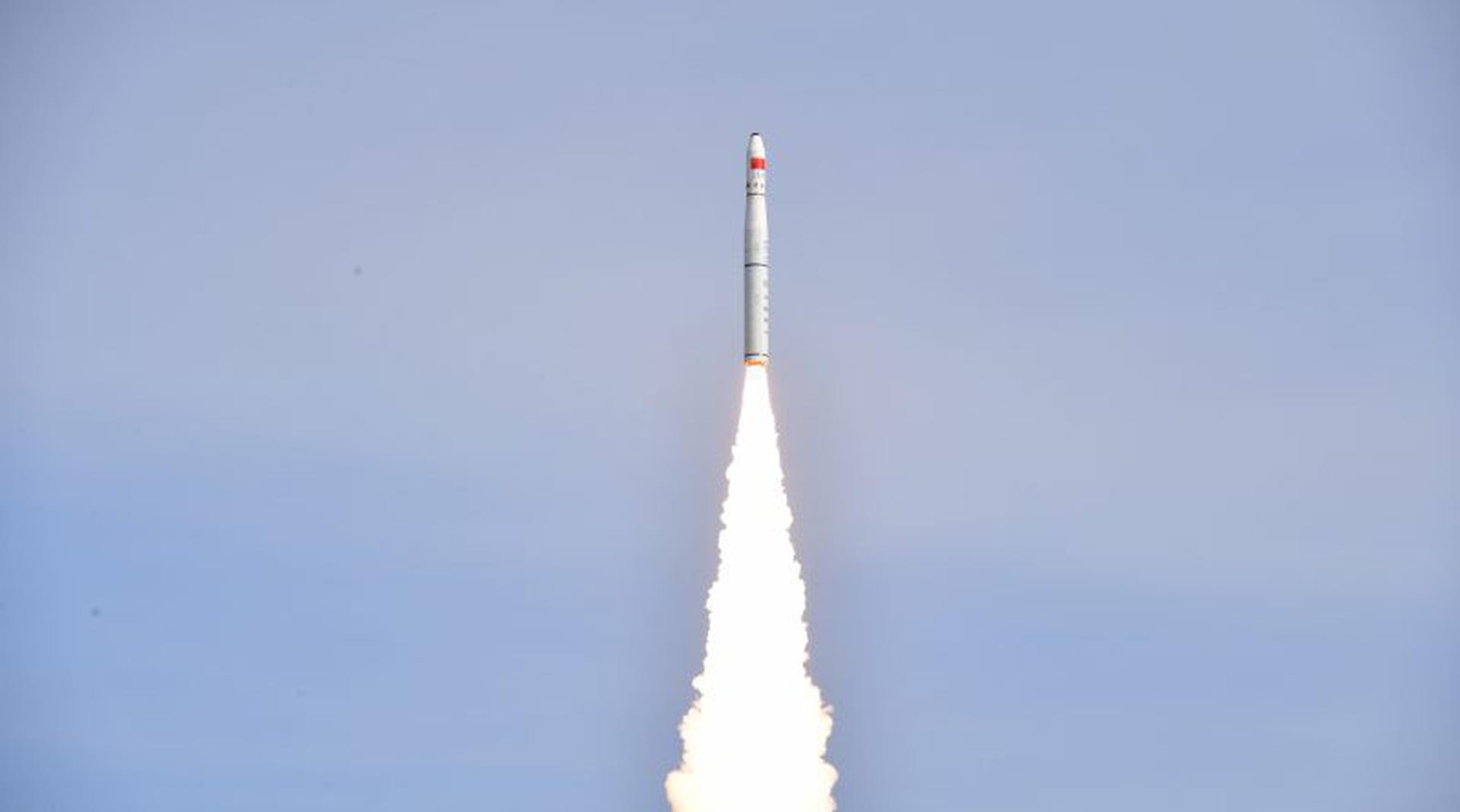GECAM
Long March 11
China Aerospace Science and Technology Corporation
Mission
GECAM
- Type: Astrophysics
- Orbit: Low Earth Orbit
GECAM (Gravitational Wave High-energy Electromagnetic Counterpart All-sky Monitor) is a constellation of two small X-ray and gamma-ray all-sky observatories to search for gamma-ray counterparts to gravitational wave events.
Each satellite features a dome-shaped array of 25 Gamma-ray detectors (GRD) and 8 Charged particle detectors (CPD). Together the satellites will provide a FOV of 100% all-sky. The sensitivity of the detectors is ~2E-8 erg/cm2/s. They will provide a localization of ~1°. The detectors are sensible in the energy band from 6 keV to 5 MeV.
Besides detecting the radiation from gravitatinal wave events, the satellites will also be contributing in detectiong Ultra-long GRBs, X-ray Flashes, X-ray-rich GRBs, Magnetars and Terrestrial Gamma-ray Flashes.
Location
Rocket
Agency
China Aerospace Science and Technology Corporation
The China Aerospace Science and Technology Corporation (CASC) is the main contractor for the Chinese space program. It is state-owned and has a number of subordinate entities which design, develop and manufacture a range of spacecraft, launch vehicles, strategic and tactical missile systems, and ground equipment. It was officially established in July 1999 as part of a Chinese government reform drive, having previously been one part of the former China Aerospace Corporation. Various incarnations of the program date back to 1956.


